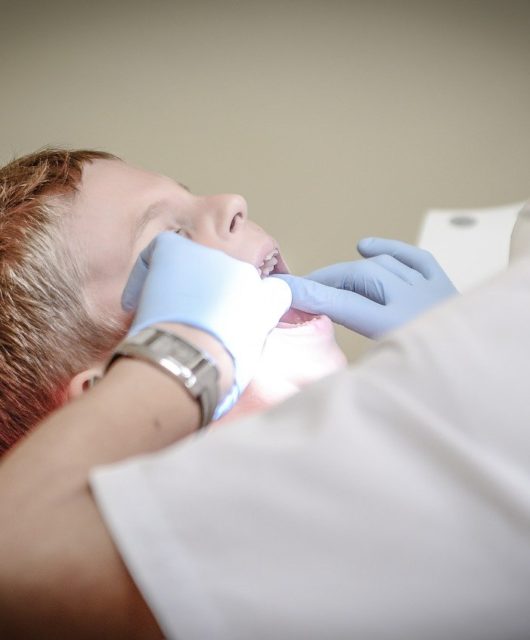Supporting Disabled Veterans: The Difference Your Donations Make

Your donations make a tangible difference in supporting disabled veterans. You directly impact their lives by contributing to organizations dedicated to their welfare. Your support aids in providing essential resources, rehabilitation services, and opportunities for these veterans, empowering them to lead fulfilling lives post-service.
Introduction: The Importance of Supporting Disabled Veterans
Every year, thousands of veterans transition from military service to civilian life. For many, this journey is complicated by physical and mental disabilities sustained during their service. These challenges can include anything from mobility issues to mental health concerns such as PTSD. Supporting these veterans isn’t just a noble cause—it’s an essential duty for a society that values its protectors. Donations are crucial in providing necessary resources and assistance to disabled veterans, enabling them to lead fulfilling lives. Additionally, many organizations offer ways to help alleviate some financial stress on military families, including providing cheap flights military discount.
Providing Essential Medical Care
One of the most immediate needs for many disabled veterans is medical care. Donations often help cover the costs of treatments not fully provided by government programs, such as specialized surgeries, advanced physical therapies, and comprehensive mental health services. The U.S. Department of Veterans Affairs highlights that while they do provide substantial support, there are still gaps that only community and individual contributions can fill. For example, donations can fund specialized treatments like hydrotherapy or equine-assisted therapy, which have been proven effective but are often not covered by traditional insurance plans. This additional funding can mean the difference between ongoing suffering and a path to recovery for many veterans.
Access to Adaptive Housing and Mobility Devices
Ensuring that veterans can live independently is another critical area where donations make a significant impact. Housing modifications and adaptive devices are essential for many disabled veterans to maintain their independence. Donor-funded programs frequently enable veterans to acquire wheelchair-accessible homes, accessible vehicles, and mobility aids such as prosthetic limbs and custom wheelchairs. These life-changing adaptations ensure veterans can navigate their everyday environments more quickly and confidently. For many, moving freely in their homes without assistance is a cornerstone of their dignity and quality of life.
Supporting Educational and Employment Opportunities
Another way donations profoundly impact veterans’ lives is by supporting their educational and employment prospects. Many disabled veterans dream of pursuing higher education or vocational training to open doors to new careers. Donations help fund scholarships, cover tuition fees, and provide essential learning tools like textbooks and online courses. Veterans can also benefit from job placement programs that help them find meaningful employment that suits their skills and abilities. These programs ensure veterans survive and thrive, reintegrate into the workforce, and contribute meaningfully to society. According to a resource on the GI Bill, educational benefits have dramatically transformed the lives of countless veterans, demonstrating the powerful potential of financial support in this area.
Assisting with Mental Health and Emotional Well-being
Donations greatly help the need for mental health among injured veterans, which is a crucial aspect of total well-being. Donations fund mental health initiatives, including counseling services, support groups, and rehabilitation programs. These resources are critical in addressing issues like PTSD, depression, and anxiety, which are disproportionately prevalent among veterans. The negative reputation surrounding mental health often deters individuals from seeking help, but readily available and adequately funded programs can make a significant difference.
By investing in mental health, donors ensure veterans receive the emotional support needed to navigate challenges and improve their quality of life.
Reinforcing Community and Peer Support Networks
One of the most significant benefits of donations is the development of community support networks. These programs foster a sense of camaraderie and mutual aid among veterans, offering mentorship and peer support. Many veterans find connecting with others who understand their experiences invaluable in their recovery. These networks can range from neighborhood gathering places to national organizations that give veterans a forum to exchange experiences, provide counsel, and show support for one another. This sense of belonging and community is vital for emotional recovery and social reintegration, helping veterans feel less isolated and more understood.
Empowering Family Support Systems
The family unit is often critical in veterans’ recovery and well-being. However, the challenges veterans face can also significantly strain their families. Donations help fund family support programs that offer counseling, resources, and financial aid. These programs ensure families have the tools to provide robust home support. For instance, family counseling can help manage the emotional and psychological stresses of caring for a disabled veteran. At the same time, financial aid can alleviate the economic burden often accompanying long-term care. Donors indirectly support the veteran by helping the family and creating a more stable and nurturing environment for everyone involved.
Conclusion: Make a Difference in a Veteran’s Life Today
Donations can transform the lives of disabled veterans, providing the medical, emotional, and social assistance necessary for their recovery and reintegration. Your contributions can ensure these brave individuals receive the care, respect, and opportunities they deserve. Whether funding essential medical treatments, enhancing their mobility, supporting their educational goals, or bolstering their mental health, every donation makes a measurable impact. By cooperating, we can guarantee that veterans receive all the necessary help to lead fulfilling, dignified lives.









